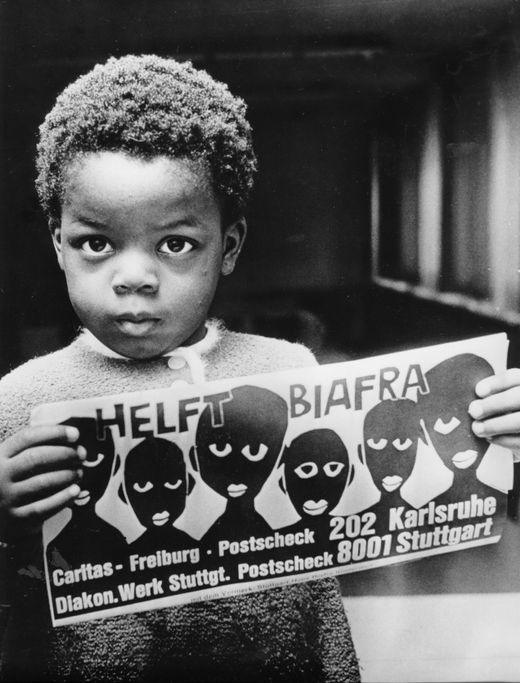The Historical and Cultural Significance of Biafra

Introduction
Biafra, a term that resonates deeply within Nigeria’s complex historical framework, is not just a geographical term; it represents an ongoing narrative of identity, conflict, and aspiration. The Biafran issue emerged prominently during the Nigerian Civil War from 1967 to 1970, a conflict that epitomised ethnic tensions and economic disparity within the country. The current relevance of Biafra extends beyond historical context, as movements advocating for Biafra’s independence gain momentum, becoming essential in discussions about self-determination and ethnic rights in Nigeria.
The Historical Context of Biafra
The Republic of Biafra was declared on May 30, 1967, following a coup that drove the eastern region towards secession largely due to growing ethnic tensions, predominantly involving the Igbo people. The war that ensued, often referred to as the Biafran War or Nigerian Civil War, resulted in an estimated one million deaths, primarily from starvation and violence. This devastating conflict not only shaped Nigeria but also had lasting effects on international humanitarian responses, notably seen in the widespread famine that captured the world’s attention.
Current Movements and Advocacy for Biafra
In recent years, interest in Biafra has surged, with groups such as the Indigenous People of Biafra (IPOB) pushing for the recognition of Biafra as a sovereign state. This resurgence is attributed to various social and economic injustices faced by the Igbo people and other ethnic groups, including marginalisation in political representation and resource allocation. IPOB, under the leadership of Nnamdi Kanu, uses social media as a powerful tool to mobilise support and raise awareness both domestically and internationally.
The Impact on Nigerian Society
The quest for Biafra has led to intensified discussions on national unity, federalism, and the need to address long-standing grievances of various ethnic groups within Nigeria. Some experts argue that addressing these concerns through dialogue and reform may be essential for maintaining peace and preventing further conflict. The Nigerian government, however, maintains a strict stance against secessionist movements, leading to increased tensions between activists and authorities.
Conclusion
The Biafra issue remains a critical topic in Nigeria, representing both a historical tragedy and a continuing dialogue about identity and rights. As the socio-political landscape of Nigeria evolves, the future of Biafra, like its past, will likely continue to influence the fabric of the nation. Understanding the significance of Biafra is essential for fostering a more inclusive framework in Nigerian society and could pave the way for addressing the root causes of ethnic discontent and pursuing a more equitable future for all Nigerians.
